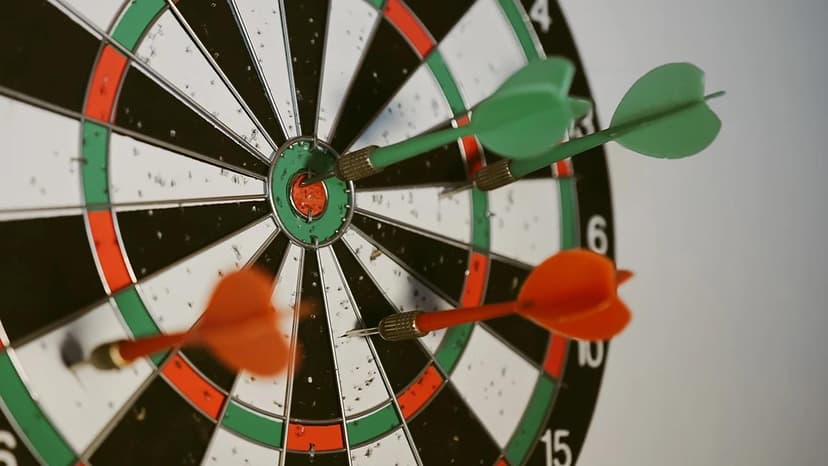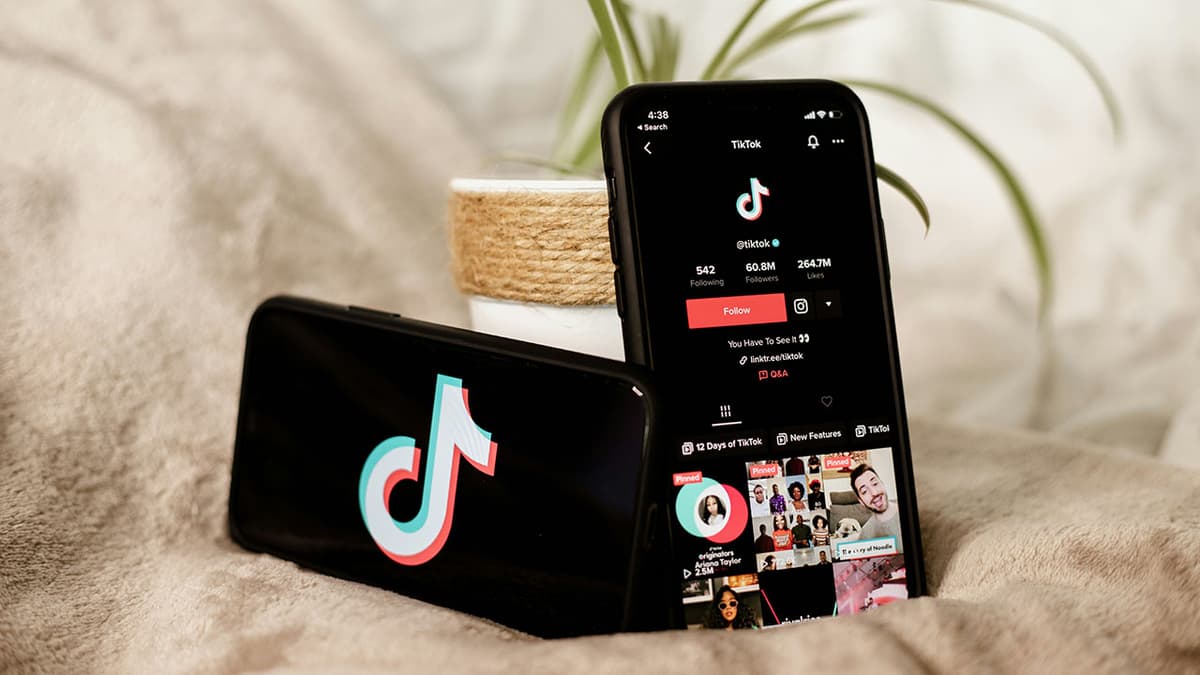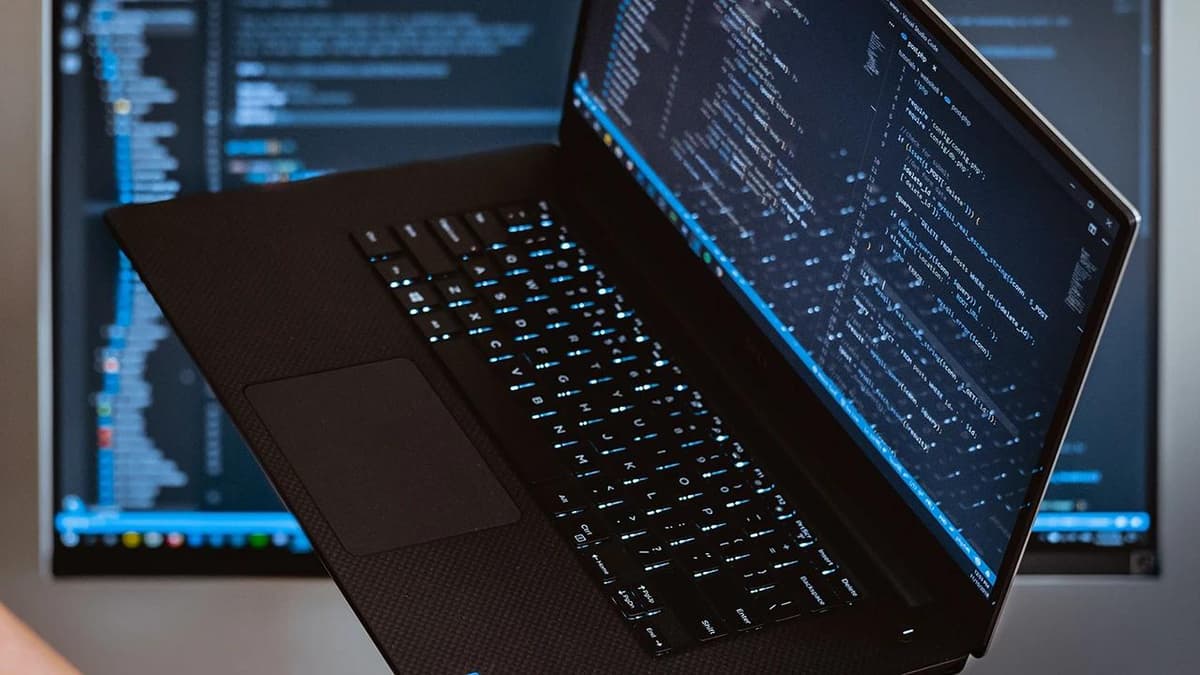How Can Foreign Visitors See a Doctor in India?
Traveling to a new country is an exciting adventure, but it can sometimes come with unexpected health issues. If you're a foreign visitor in India and find yourself in need of medical assistance, fear not! Accessing healthcare in India is relatively straightforward. This article breaks down the steps you can take to see a doctor and ensure you receive the care you need.
Where to Start?
Upon realizing you need medical attention, your first step is to understand the healthcare options in India. India boasts a variety of healthcare facilities, ranging from government hospitals to private clinics and specialized hospitals.
-
Private Clinics and Hospitals: These are often more accessible and provide quality care without the long wait times. Facilities like Apollo Hospitals and Fortis Healthcare are spread across the country and cater to international patients with multi-lingual staff.
-
Public Hospitals: These are government-run and usually offer lower costs. However, they can be quite crowded, and the wait times might be longer.
-
Pharmacies: For minor ailments, local pharmacy stores can be a great place to get over-the-counter medications. Pharmacists often provide valuable advice for non-serious health concerns.
How to Find a Doctor?
Finding a doctor when you are in an unfamiliar place can be daunting. Here are some easy approaches to locate a healthcare provider:
-
Online Search: Utilize platforms like Practo to search for doctors based on your location and health requirements. Practo allows you to read reviews and check availability.
-
Local Recommendations: Ask locals or fellow travelers for recommendations. Hotel staff often have reliable information about nearby medical facilities.
-
Tourist Information Points: Visiting tourist centers can also be helpful. They usually have lists of nearby healthcare facilities and can guide you in finding a suitable doctor.
Do You Need an Appointment?
It depends on where you decide to go. Private clinics usually allow walk-ins but securing an appointment can save time:
-
Online Booking: Many hospitals and clinics offer online appointment systems. For instance, you can schedule a visit through the websites of major hospitals like Max Healthcare or Manipal Hospitals.
-
Phone Calls: You can also call the clinic or hospital directly to check for appointment availability. Most facilities have English-speaking staff who can assist you.
-
Walk-ins: If it's a minor issue, you can simply walk into a nearby clinic or pharmacy and get a consultation without an appointment.
What to Expect During Your Visit?
When you meet the doctor, you can expect a friendly atmosphere. Most doctors are accustomed to dealing with foreign patients and will make an effort to communicate effectively. Here’s what typically happens during your visit:
-
Initial Consultation: The doctor will ask about your medical history, current symptoms, and any medications you may be taking.
-
Examination: A physical examination will follow, based on your symptoms.
-
Prescription and Advice: After diagnosing, your doctor will provide a prescription for medications or suggest further tests if needed.
-
Payment: Be prepared to pay for the consultation and any prescribed medication. Most private hospitals accept credit cards and cash.
What to Bring with You?
When visiting a healthcare provider, preparation can be beneficial. Here’s a list of things to consider packing:
-
Travel Insurance: Always have your travel insurance information on hand. This can be vital if you need to process claims later.
-
Medical History: If you have pre-existing conditions, a brief document outlining your medical history can help the doctor understand your situation better.
-
Identification: Carry a copy of your passport or any other identification.
-
Local Language Phrases: While most doctors speak English, knowing a few local phrases can be helpful.
What About Costs?
Healthcare costs vary significantly depending on where you go. Here are some things to keep in mind:
-
Public Hospitals: Generally more affordable, but expect longer wait times.
-
Private Hospitals: More expensive but offer quicker service. Consultation fees can vary widely, typically ranging from INR 500 to INR 3000 ($6 - $36).
-
Insurance Coverage: If you have travel insurance, check it's coverage for international medical visits.
How Do I Get Medication?
After your consultation, getting your medication is straightforward:
-
Pharmacy: You can get your prescription filled at any pharmacy. Major chains like Apollo Pharmacy or local shops are usually stocked with both over-the-counter and prescribed medications.
-
Medical Stores: Many hospitals also have in-house pharmacies for your convenience.
-
Follow-Up: If you need to see a doctor again or get follow-up tests, ensure to keep all records and prescriptions for continuity of care.
What If There’s an Emergency?
In a medical emergency, knowing what to do can save precious time:
-
Dial Emergency Numbers: You can call 102 for ambulance services.
-
Head to the Nearest Hospital: If you require immediate help, reaching the closest hospital is crucial.
-
Have Local Contacts Ready: Keep a list of local contacts, like the hotel where you're staying, to assist in emergencies.
Seeing a doctor in India as a foreign visitor may seem challenging, but it's quite manageable with the right approach. Remember to stay calm, gather your documents, and ensure you have insurance in place. With its growing healthcare system, India provides quality medical care that can cater to your needs, no matter where you are from. Enjoy your travels, and stay healthy!












